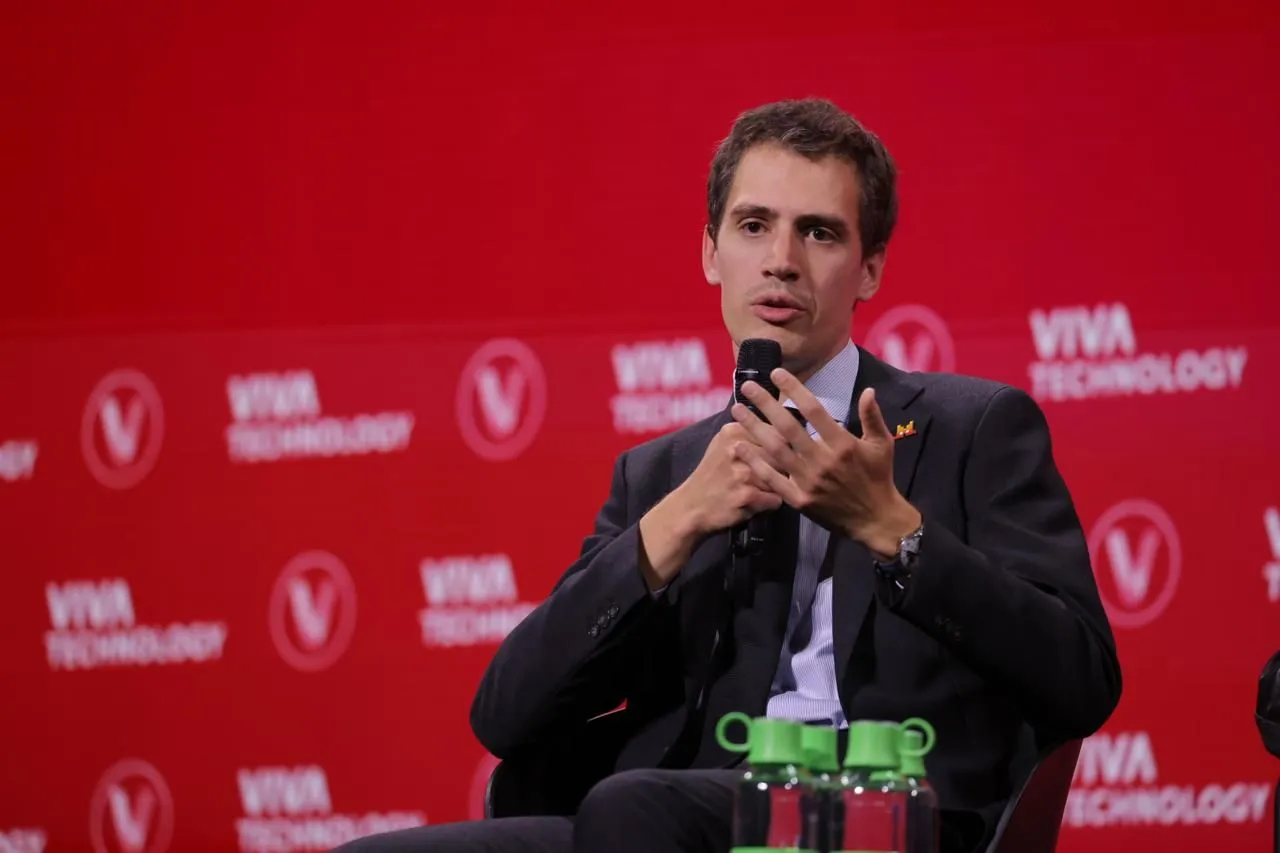VivaTech 2025: Mistral AI Gets Cozy With NVIDIA
CEO Arthur Mensch: “The race is not over. Europe is not late. We just needed the right tools—and now we have them.”

CEO Arthur Mensch: “The race is not over. Europe is not late. We just needed the right tools—and now we have them.”
